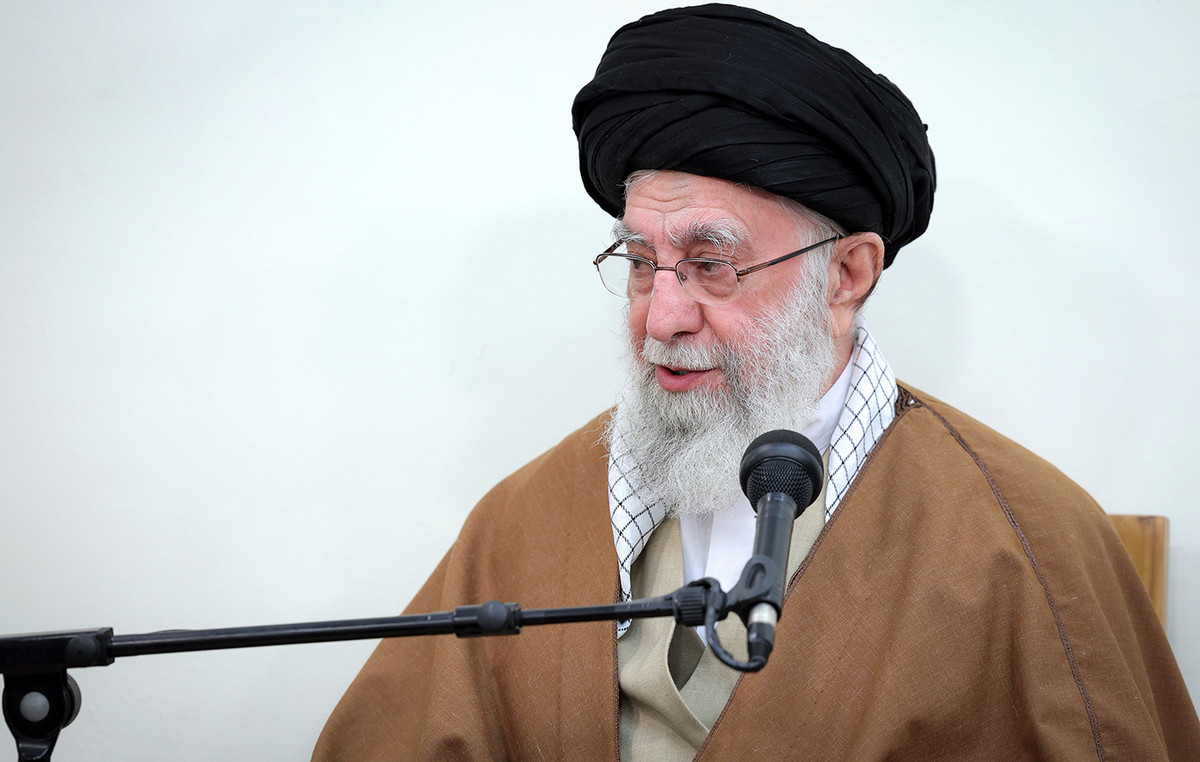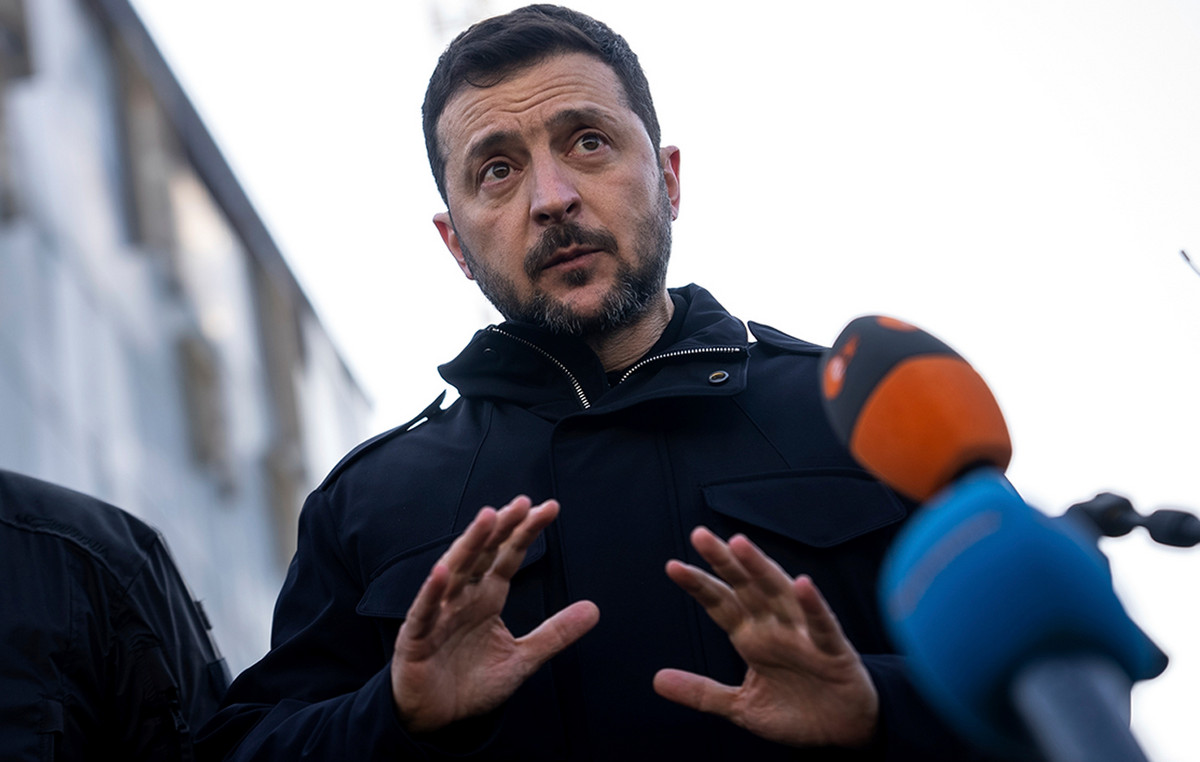Around a third of children who have had bacterial meningitis have neurological sequelae, such as cognitive, hearing and motor impairment, reveals a new study carried out by the Karolinska Institute in Sweden, published in Jama scientific magazine.
Bacterial meningitis can affect people of any age, but it is most common in children and adolescents. Even with early diagnosis and adequate treatment, based on antibiotics, it can progress quickly. According to experts consulted by the Einstein Agency, it is not always possible to avoid serious conditions, which can leave permanent sequelae and even cause the patient's death. But, according to the research authors, there is a lack of studies on the long-term consequences.
After analyzing data from more than 36,000 volunteers over 35 years, it was realized that those who contracted the infection in childhood were more at risk of presenting motor, cognitive, emotional, behavioral problems, seizures and hearing and visual loss compared to the general population. .
“Many problems don’t appear immediately. Cognitive sequelae in children who became ill when they were very young, for example, are only known in the long term”, says infectologist Alfredo Gilio, coordinator of the Immunization Clinic at Hospital Israelita Albert Einstein. “The advantage of this study is that it is very statistically robust, with a large number of cases and long-term follow-up.”
Research has also shown that the younger the child contracts the disease, the greater the risk of sequelae. This can be explained, according to the authors, by the severity of damage to the nervous system at early stages of physical and mental development.
Among the bacteria that cause meningitis, Streptococcus pneumoniae was the most associated with motor, cognitive and hearing sequelae, compared to infections by Haemophilus influenzae and Neisseria meningitidis (responsible for meningitis C, one of the most prevalent in Brazil).
The result of the study reinforces the importance of vaccination. “Vaccines have a high protection rate, approaching 100%, and are essential to prevent the disease and, therefore, avoid the consequences”, says Gilio.
The public network offers immunizations against all these bacteria that cause meningitis. According to the Ministry of Health's calendar, pneumococcal, which prevents S pneumoniae infections, must be taken at 2 and 4 months, in addition to a booster at 12 months. In this same age group, the child should also take penta, which eliminates the risk of diseases caused by Haemophilus influenzae and others, such as diphtheria, tetanus and whooping cough. This vaccine has a third dose at 6 months.
Meningo C should be given in two doses, at 3 and 5 months, with a booster at the age of 1 year. Adolescents between the ages of 11 and 14 can receive ACWY, which protects against these four serotypes of meningococcal meningitis. The vaccine against meningitis B is also available in the private network.
Warning signs
Meningitis is the inflammation of the membranes that cover the brain. Symptoms that should serve as a warning include high fever, headache, stiff neck, nausea and vomiting, red spots on the body, sensitivity to light and mental confusion.
When it is caused by a virus, the disease is usually not serious and does not leave any consequences. Meningoencephalitis, inflammations that affect the brain, are serious and can cause death. They can be caused by various agents, such as viruses, bacteria and even parasites. Treatment depends on the cause.
Source: CNN Brasil
I am an experienced journalist and writer with a career in the news industry. My focus is on covering Top News stories for World Stock Market, where I provide comprehensive analysis and commentary on markets around the world. I have expertise in writing both long-form articles and shorter pieces that deliver timely, relevant updates to readers.







